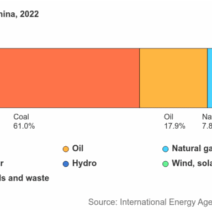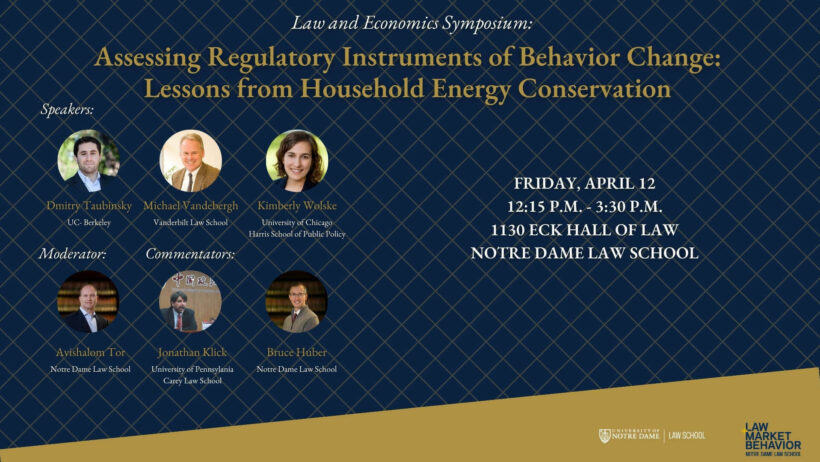China has embarked on a monumental journey towards household energy conservation, representing not just a national goal, but a global imperative. With a population exceeding 1.4 billion and urbanizing at an unprecedented rate, the nation’s energy consumption has soared, leading to severe ecological consequences. However, these challenges have catalyzed innovative strategies aimed at energy conservation at the household level, yielding insightful lessons for the world.
The first step in China’s energy conservation strategy has been the marked emphasis on technological innovation. The advent of smart home systems has revolutionized the dynamics of energy usage. Smart meters and intelligent appliances facilitate real-time monitoring of energy consumption. Residents can track their energy use and adjust habits accordingly. This interactivity fosters environmental awareness among households. The learning curve is steep, yet the resultant knowledge empowers citizens to make more informed decisions about their energy consumption.
Moreover, this technological upheaval is complemented by governmental support looking to incentivize energy-efficient practices. Policies have been instituted to promote the adoption of energy-efficient appliances. The use of subsidies and tax rebates for households that invest in solar panel installations or energy-efficient heating systems has demonstrated significant impact. These financial incentives, coupled with regulatory frameworks, provide the necessary impetus for widespread adoption of conservation technologies.
Behavioral economics plays a crucial role in driving the conservation agenda forward. China’s strategy cleverly incorporates social norms and community engagement into the conservation narrative. Initiatives like neighborhood energy competitions have been launched, pitting communities against each other in energy-saving endeavors. These contests not only instill a sense of camaraderie but also engender a culture of competition that stimulates households to strive for better energy-saving metrics. By leveraging social influence, these programs effectively elevate the collective commitment to energy conservation.
Furthermore, educational campaigns present an equally vital component of China’s household energy conservation strategy. The government and various NGOs have rolled out extensive outreach programs aimed at elucidating the importance of energy conservation. Schools are pivotal in this mission; children are taught energy-saving techniques that they carry home. This generational transfer of knowledge ensures that energy conservation becomes rooted within the very fabric of society. It is a paradigm shift, recalibrating public consciousness, and fostering a culture of sustainability.
In China, urban areas exhibit vast disparities in energy consumption behavior compared to rural territories. Acknowledging this, targeted approaches are necessary. For urban dwellers, high-density living spaces necessitate distinct strategies focused on shared resources. Collective ownership of renewable energy sources fosters community-driven conservation efforts. Conversely, in rural areas where access to resources may be constrained, simple initiatives such as improving insulation or utilizing solar cookers can have a substantial impact. Differentiated approaches underscore the significance of context-aware strategies in effectively curbing energy consumption.
On the technological front, China’s thrust towards renewable energy has been pivotal in complementing household energy conservation. The proliferation of solar energy has propelled a shift in energy paradigms. With an ever-increasing number of homes equipped with solar panels, not only has household reliance on fossil fuels diminished, but the overall footprint of energy consumption has lessened significantly. The integration of solar energy generation with energy-efficient appliances further enhances overall conservation efforts. It is a synergistic relationship where renewable energy becomes an ally in the battle for sustainability.
Significant investments in grid modernization augment these efforts, addressing the infrastructure challenges that often stymie energy efficiency initiatives. The development of smart grids enables better distribution of energy while accommodating fluctuating demands. Households can benefit from this modernization by receiving real-time information on peak vs. off-peak energy consumption patterns, allowing them to adjust usage accordingly. This adjustment can result in tangible savings and a reduced overall environmental footprint.
International collaboration has also surfaced as a vital component of China’s household energy conservation endeavors. By engaging in partnerships with various countries, China is able to leverage existing technologies and best practices from around the world. Joint research initiatives and knowledge exchanges create a cross-pollination of ideas that can expedite progress. Such collaboration not only amplifies conservation efforts but also reinforces the notion that energy conservation transcends national boundaries; it is a global necessity.
Nonetheless, the journey toward comprehensive household energy conservation in China is fraught with challenges. As with any large-scale initiative, resistance to change persists. Skepticism towards new technologies or conservation methods can impede progress. Furthermore, the rapid pace of urbanization means that energy consumption behaviors can rapidly shift, outpacing conservation initiatives. It necessitates continuous monitoring and adaptation of strategies to ensure that they remain effective amidst changing landscapes.
Moreover, the journey serves as a clarion call highlighting the need for resilience in energy policies. Policymakers must remain vigilant and forward-thinking, adapting strategies as technologies evolve and circumstances change. The lessons learned from China’s experience in household energy conservation are manifold and extend beyond its borders. They offer a roadmap for other nations striving to implement effective conservation measures.
In conclusion, China’s pioneering efforts in household energy conservation exemplify an intricate amalgamation of technology, education, behavioral influence, and policy frameworks. By adopting a rigorous, multifaceted approach, China not only addresses its own pressing energy challenges but also shines a light on potential methodologies applicable worldwide. The promises of conservation extend beyond mere energy savings; they herald a shift in perspective, galvanizing collective responsibility towards a sustainable future. As the world grapples with environmental crises, the lessons from this giant become increasingly relevant, inviting curiosity and prompting action across diverse communities.








